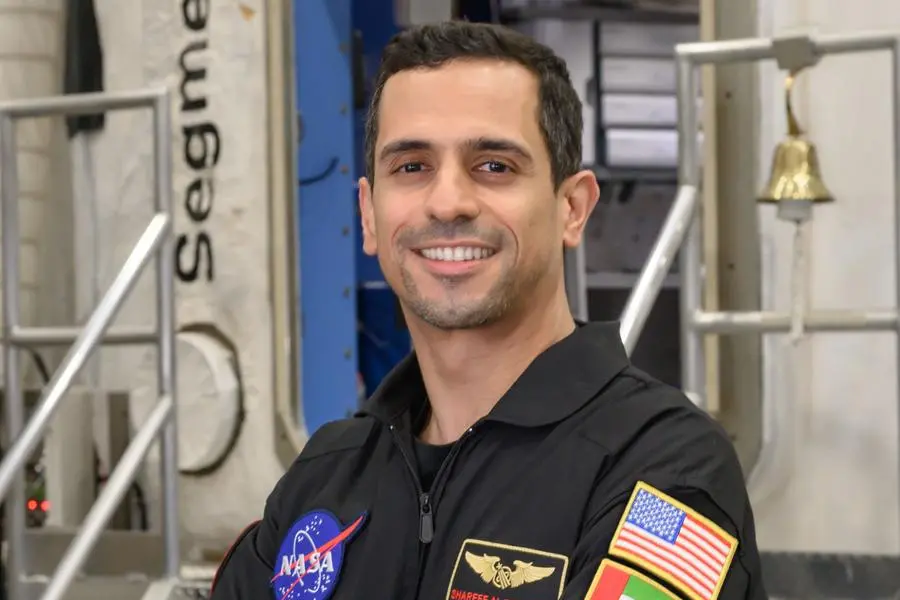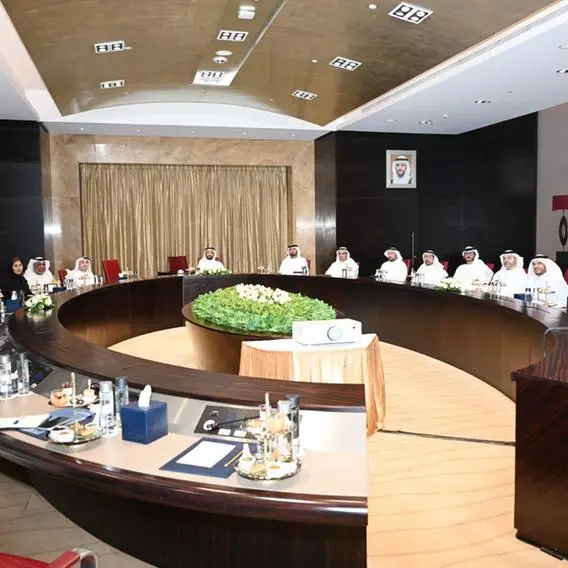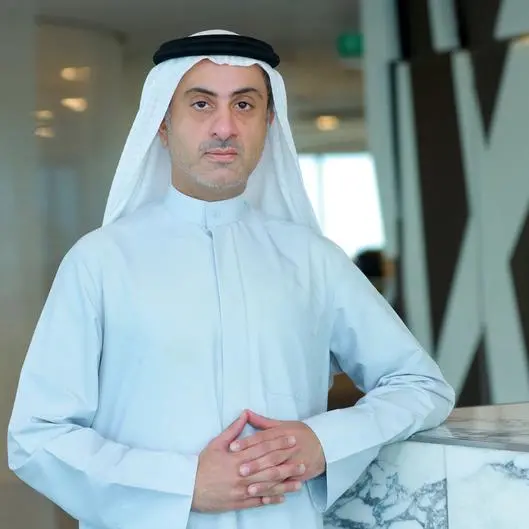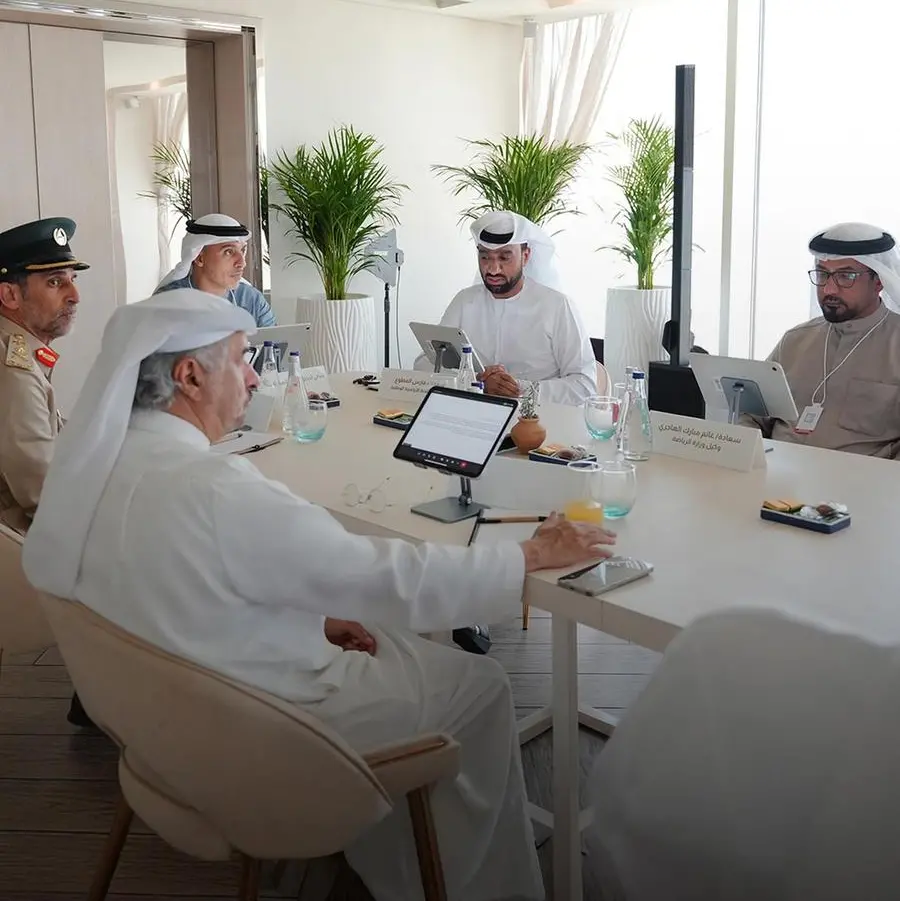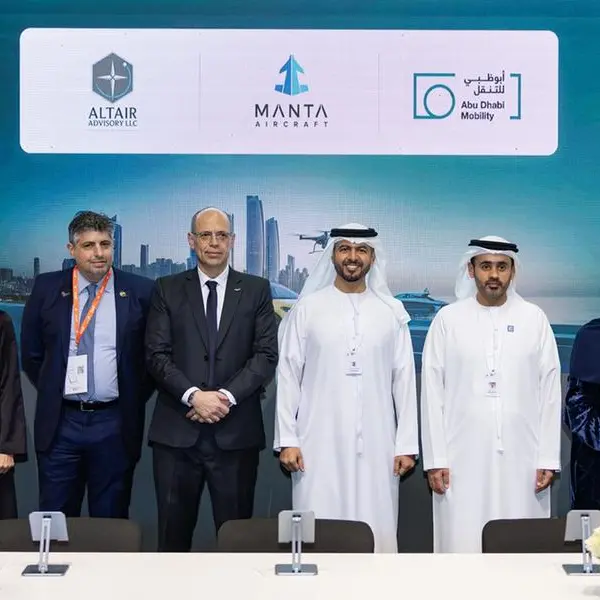PHOTO
- AlRomaithi was joined by Jason Lee, Stephanie Navarro, and Piyumi Wijesekara, to participate in phase two of the analog study, lasting 45 days
- The mission aims to study in-depth the effect of space flight simulated on Earth to support future long-duration space endeavours
Dubai, UAE: The Mohammed Bin Rashid Space Centre (MBRSC) today announced the commencement of phase two of the second analog study under the UAE Analog Programme, with Emirati crew member Shareef AlRomaithi entering the Human Exploration Research Analog (HERA) habitat at NASA’s Johnson Space Center in Houston, Texas, USA at 2 AM (UAE time) on Saturday.
AlRomaithi was joined by his fellow primary crew members Jason Lee, Stephanie Navarro, and Piyumi Wijesekara, as they embarked on the 45-day mission within the HERA facility. The alternate crew members for this mission are Jose Baca and Brandon Kent. The unique three-story habitat simulates space-like conditions on Earth, designed to study how crew members adapt to isolation, confinement, and remote conditions similar to those they would face on long-duration space missions.
Throughout their simulated journey in HERA, the team will engage in scientific research and operational tasks. This mission on Earth includes a virtual reality “walk” on Mars's surface and managing increasing communication delays with Mission Control Center as they simulate nearing Mars. The crew is scheduled to leave the facility on June 24.
H.E. Salem Humaid AlMarri, Director General, MBRSC said, “The UAE Analog Programme is a cornerstone of our vision to integrate advanced scientific research with our strategic objectives, positioning the UAE as a leader in space technology both regionally and internationally. Through these detailed Earth-based simulations in collaboration with our partners at NASA, we are meticulously preparing our cadres for the vast challenges of deep space exploration, establishing the UAE and the broader Arab world as pivotal players in the international space community and inspiring generations to expand the horizons of human potential.”
The second analog study under the UAE Analog Programme is part of a comprehensive four-phase analog study, consisting of 18 human health studies on Earth. These studies are aimed at understanding the physiological, behavioural, and psychological responses of crew members under conditions similar to those expected on future lunar and Martian exploration missions. The UAE also plays a pivotal role in these ground-breaking research initiatives, with scientific experiments being provided by the United Arab Emirates University (UAEU), Mohammed Bin Rashid University of Medicine and Health Sciences (MBRU), and American University of Sharjah (AUS), across all four phases of the analog study.
-Ends-
For Media Queries:
MBRSC Media Team - mbrsc@quillmena.com
ABOUT MOHAMMED BIN RASHID SPACE CENTRE (MBSRC):
MBRSC is an advanced scientific and technological hub, responsible for making the UAE a world leader in space services and exploration.
Established in 2006, the Mohammed Bin Rashid Space Centre (MBRSC) started out with five engineers, who took it upon themselves to develop their capabilities and expand their knowledge in the field of space, relying on strong will and solid determination. Since then, the Centre has continued its journey to be the incubator of the UAE National Space Programme. The MBRSC is home to the UAE Satellite Programme, UAE Astronaut Programme, Mars 2117 Programme and Emirates Mars Mission, among others. Under its satellite programme, the Centre has built, developed, and operated several Earth observation satellites, including DubaiSat-1, DubaiSat-2 and KhalifaSat, the first satellite that was fully built by Emiratis in 2018. The Centre is currently developing the MBZ-SAT, which once launched will be the most advanced commercial satellite in the region in the field of high-resolution satellite imagery.
MBRSC is also developing the Emirates Airlock, a crew and science airlock module for the Gateway lunar space station, humanity's first international outpost to orbit the Moon. Additionally, the UAE will also be sending an Emirati astronaut on a Moon mission. Under the UAE Astronaut Programme, MBRSC currently has four astronauts, two of who have undertaken missions to the International Space Station, including the recently concluded longest Arab space mission in history by H.E. Dr. Sultan Saif AlNeyadi. The Mars 2117 Programme includes the Emirates Lunar Mission, UAE Analog Programme and Space Ventures.
